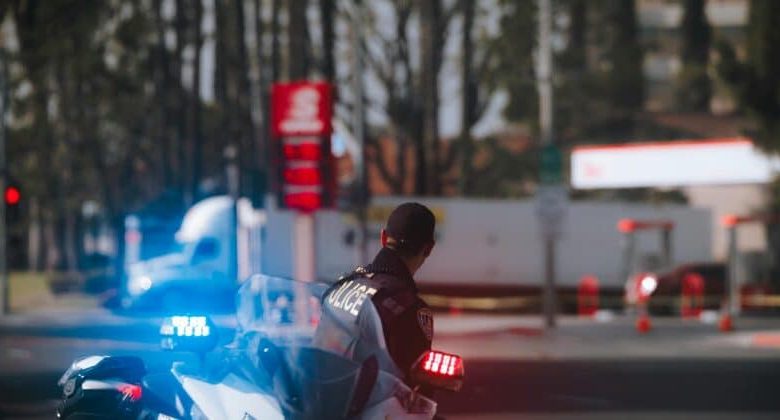How Do You Defend Yourself From Criminal Charges?

Picture an ordinary day in Washington, D.C., and imagine how everything in your life will be turned upside down when you find yourself charged with a crime you never committed. The shock alone can be overwhelming and paralyzing. But knowing your rights and next steps can make all the difference in moments like these.
False criminal accusations can have serious consequences. From the moment you’re questioned by police to navigating court proceedings, every move counts. That’s why it’s critical to understand strategies that can protect your rights and your future. If you ever find yourself in this situation, a skilled D.C. criminal defense attorney, like David Benowitz, can help you understand your options.
Understanding the Criminal Justice System
If you are charged with a crime, understanding the inner workings of the criminal justice system in Washington, D.C., becomes crucial. Everything begins when police investigate an allegation or complaint.
The police will arrest you if they have a reasonable suspicion that you have committed the offense in question. Next is an arraignment, where charges are read and pleas are stated. Pre-trial hearings and motions set the stage for trial.
Both sides offer evidence and arguments in the trial, with a judge or jury ruling on the verdict. Not all cases follow this exact path, but this is basically what to expect if your case goes to trial.
Incorporate Strong Legal Representation
Having a lawyer is not just about hiring someone to do all the legwork in court for you. Instead, it is about leveraging an attorney’s experience to help you navigate your case right from day one.
The system is not designed to give you the benefit of the doubt. It’s designed to move cases forward. That’s why you need someone in your corner who understands both the law and the pressure points within the system. Your defense doesn’t start in the courtroom; it starts the moment you’re accused.
A competent attorney collects evidence, devises strategies, and argues your case in court. They can coordinate interactions between you, the prosecutor, and the police to protect your rights. They act as your shield against potential prosecutorial misconduct and help discredit tainted testimonies or uncorroborated evidence against you.
Balancing Cooperation with Caution
Cooperation with the police is useful when dealing with false accusations, but understanding cooperation’s boundaries is essential. While you should always identify yourself and follow the overall requests in the meeting, never give extensive details and explanations of the offense without an attorney.
Contrary to what one might believe, offering too much information at the wrong time can inadvertently harm your case. Inform police authorities that you would prefer to speak only in your attorney’s presence. This is an absolute right to protect you against self-incrimination.
Understanding Defense Mechanisms
When you’re falsely accused, a strong legal defense is necessary. Choosing the right defense strategy requires close coordination with your attorney, who can evaluate the facts and guide your next steps.
Depending on the situation, your defense may involve proving self-defense, showing you acted under duress, or demonstrating mental incapacity at the time of the incident. Each case is different, so it’s critical to work with an attorney who can identify the most effective approach based on the evidence and legal options available.
A “mistake of fact” can also be a defense strategy, for example, where an honest misunderstanding of facts resulted in unforeseen consequences. Another defense is establishing a “lack of intent.” This can affect rulings in cases where intent is an essential factor in proving the alleged offense.
Understanding Your Right to Representation
When facing a criminal charge, having an attorney isn’t just helpful; it’s your right. If you can’t afford one, a public defender will represent you. However, public defenders often juggle many cases at once, which limits the time and attention they give to any one client.
That’s why, if possible, hiring your own attorney can make a big difference. When choosing a lawyer, look for someone with experience in criminal defense, especially in cases similar to yours. It is just as important to find someone you feel comfortable talking to. Open communication is the key to a strong defense. Finding the right attorney could be the most significant decision you make in your case.




